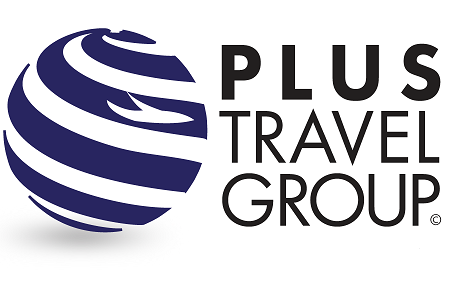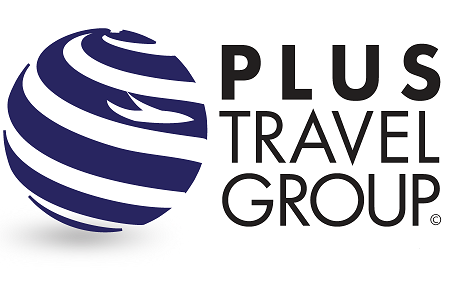If you run into issues staying within your budget for business travel, it may be time to review your travel expense policy as part of a broader review of your business travel program. A regular review and update of travel policy is a best practice to reflect changes in business goals and industry trends.
Why Do You Need a Travel Expense Policy?
A travel policy provides guidelines and expectations for your company’s business travelers and those who book travel. It should detail how they can spend the company’s money while traveling for business. In most cases, employees are seeking later reimbursement for travel expenses on the road so a clear policy is vitally important. The policy should apply to a range of business travel costs, including airfare, hotel charges, car rentals, meals, client dinners, etc. In most organizations, travel is the second largest controllable expense.
An unclear or out-of-date travel policy means that you will inevitably spend too much on travel and not get the return on your travel investment that you could.
A clear and current travel policy helps you manage travel expenses effectively by establishing clear guidelines regarding what business travelers can and cannot expense, how they can submit expense reports, and other expectations about business travel.
If you are developing a new policy or revising your existing travel policy, what needs to be covered within your overall travel policy? Here are four key items that need to be defined and updated to help you manage travel better.
What are travel expenses?
It sounds simple enough but your efforts to manage travel expenses must start with defining what items are travel expenses. Saying that your company will cover “all business-related travel expenses” is too vague and open to interpretation. Instead, be specific and define travel expenses that the company will cover and specific costs that the company will not cover. For example, will the company cover all hotel expenses? Will the company cover the cost of checked luggage for short trips or are travelers expected to take a carry-on only? Make sure everything is spelled out clearly, so travellers (and your accounting department) know what allowable travel expenses are. This includes what employees can expense before, during, or after traveling.
What are the budgetary limits on travel expenses?
Do you have a travel budget? Many businesses do, some don’t depending on their nature of work. Regardless, it’s important to define expectations and include information on cost limits in your policy. Travel costs have increased substantially over the last few years. You will likely want to put spending limits on flights, hotels, and car rentals to prevent excessive spending.
You’ll need to be realistic and reasonable to account for short-notice travel, remote locations, and major cities. What is a reasonable hotel or hotel cost for Vancouver? A car rental in Yellowknife will be different than a major city. Should a non-refundable airfare be the norm? It all needs to be defined and can be further defined by destination prior to the actual trip.
What does an expense report look like?
When the trip is over, how are expense reports processed? Detail what format expense reports must be submitted in. Team members need a simple and easy-to-use template and/or system to input their information and expenses accurately and efficiently as needed. Do you use Concur Expense or another automated system or are you using forms? Also, who can approve expense reports (travel manager and/or CFO), or will the direct manager of each department provide approval? In addition to spelling out how to submit an expense report and how they are processed, also be sure to define who can submit an expense report. In most cases, many employees do not travel, and as such will not need this privilege.
What happens when there is non-compliance with travel expense policy?
Clearly state the consequences of non-compliance with your travel policy and expenses. This may include delays in reimbursement, disciplinary actions, or even termination for repeated violations or fraudulent activity. In some cases, expense report disputes may be a simple matter of a one-time mistake or confusion. Clarity will ensure that all employees are aware of these consequences and the importance of policy adherence.
Summary
Putting together a thorough, comprehensive travel expense policy is easier said than done. We can help you craft a travel expense policy that fits your unique needs and business goals, as well as help you ensure team members remain compliant. You’ll be able to both manage travel better and rest easy. Reach out for more information.


